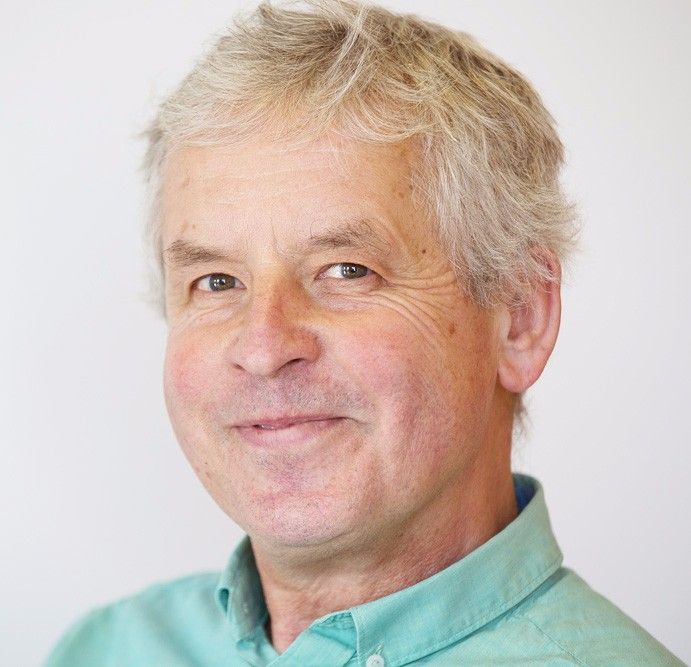
Media skills for scientists (Archived)
Take control when communicating with journalists
Become a confident communicator with the media and enhance your professional reputation, while improving public understanding of your research.
This online course addresses any reservations you might have about engaging with journalists, and shows you how to turn your communications into opportunities that will advance your own career and interests.
Why this course?
- Talking to the media is a great way to communicate your research to the public
- Media exposure can lead to more collaborations and funding
- If you don’t talk to a journalist, someone else will
- You never know when you’ll be put on the spot by a journalist or someone else, and this course will prepare you for this situation
- SciDev.Net has over 15 years’ experience in training scientists, journalists and decision-makers to become better communicators
What’s included?
- More than 12 hours of lectures, including over an hour of video lectures, where you’ll get insights from SciDev.Net's editor and training expert, Kaz Janowski
- Practical tasks designed to help you apply media theory to your working practice
- Feedback and Q&A once a week from the course facilitator
- Worksheets, guides and slides to support your skills
- Recommended reading chosen by science communication experts
For the course content, see the curriculum below.
Your Instructor

Kaz leads and mentors a team of journalists and editors across the
globe to communicate science effectively, telling stories of research that
enhance knowledge and engages varying audiences.
For over 20 years, Kaz has been working as a radio and online producer, initially at the BBC, and most recently here at SciDev.Net.
Prior to that he worked as a
teacher and course coordinator with a long track-record of designing and
facilitating training workshops and creating University
pre-sessional courses for non-native speaker postgraduate students. He has an array of experience from producing radio programmes in collaboration with researchers for local radio stations in Africa, to the development of varying multimedia content in visual and audio formats at SciDev.Net. He has worked in many parts of the world, including London and Borneo, and has a postgraduate degree in science communication.
Course Curriculum
-
PreviewSection objectives and warm-up
-
PreviewVideo: The world of journalism (4:24)
-
PreviewSummary: Features of journalism
-
StartActivity: Science versus journalism
-
StartActivity and feedback: The conflict between science and journalism
-
StartSummary: Tensions between science and journalism
-
StartSection roundup: Key points
-
StartSection objectives and warm-up
-
StartVideo: Thinking like a journalist (4:13)
-
StartSummary: The ‘ingredients’ of news
-
StartActivity: Detecting news values
-
PreviewAnswers: What news values did you find?
-
PreviewActivity: Why does a story matter now?
-
StartSummary: What do audiences ask themselves?
-
StartActivity: Find the Five Ws and H
-
StartAnswers: How do your answer compare?
-
StartActivity: Turn abstracts into headlines
-
StartAnswers: What headlines did you come up with?
-
StartActivity and feedback: Find the news in your research
-
StartSection roundup: Key points
Frequently Asked Questions
Get started now!
Testimonials
"This course is well-designed, easy to navigate through and will provide an effective learning experience to course participants of various academic, cultural and professional background. It is the best online course I have participated in." - Isaac I. Akinwumi, University of the West of England
"The content was extremely useful in the context of my field in forensic science since I constantly have to communicate with individuals outside my field." - Neema Aroni, University of Strathclyde
"If you are fed up with the boring or puzzled look you get each time you describe your research to journalists or people outside your field of work, then this course is for you." - Samuel Angwafor, University College London
